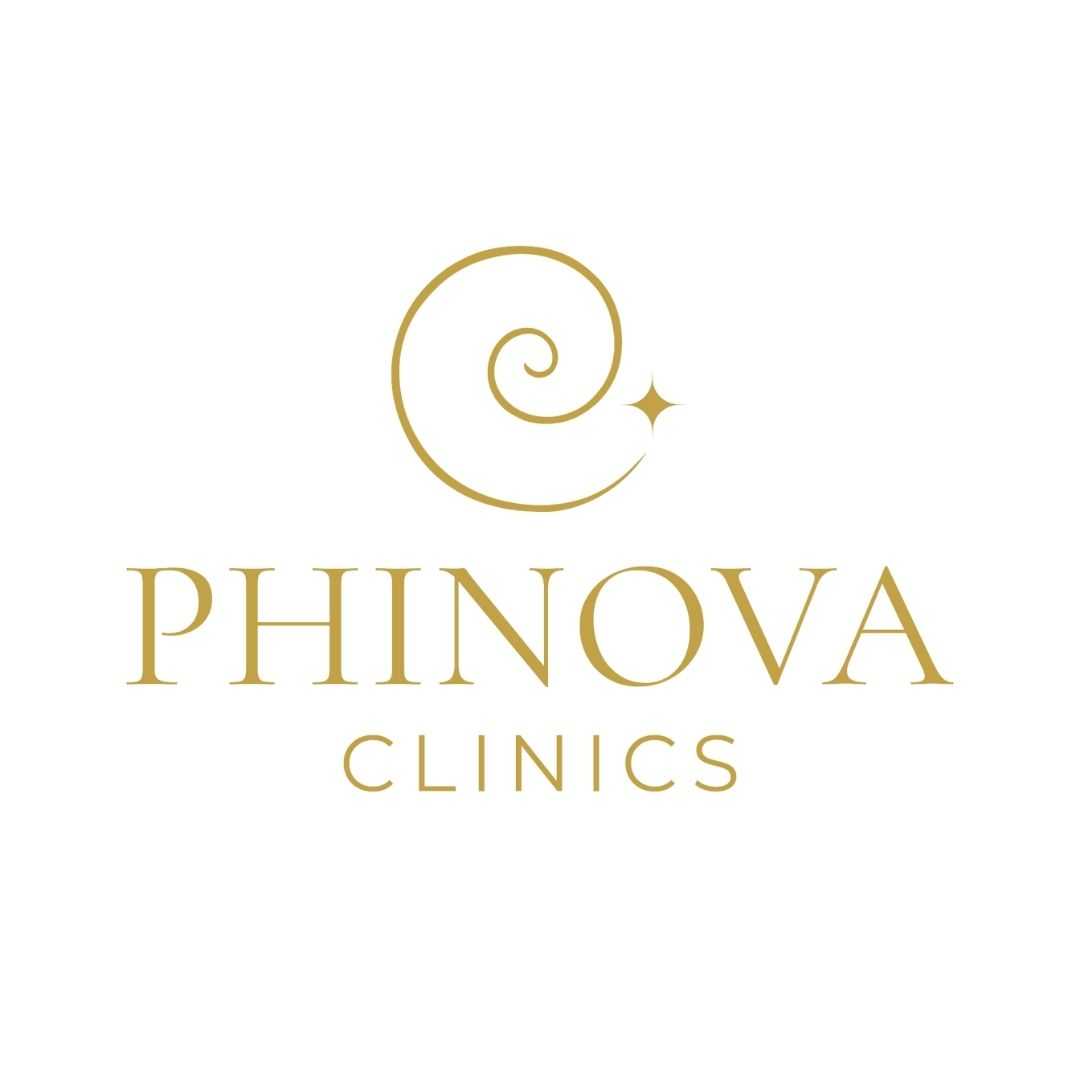Best Time to Visit Turkey for Dental Work | A Guide for French Patients

Planning a trip for dental work in Turkey involves more than just choosing a clinic and a procedure. The timing of your visit can significantly impact your overall experience, from the cost of your travel to your comfort during recovery. For French patients, aligning a dental trip with personal schedules, holidays, and ideal travel conditions is key to a smooth and successful journey. While Turkey is a fantastic destination year-round, certain periods offer a better balance of affordability, comfort, and convenience.
So, when is the best time to visit Turkey for dental work? While the low cost of high-quality treatments like dental implants is a constant, factors like weather, flight prices, and tourist crowds fluctuate throughout the year. The shoulder seasons—spring and autumn—are widely regarded as the sweet spot. During these months, cities like Istanbul and Antalya are bathed in mild, pleasant weather, making it comfortable to explore before or after your appointments. You'll also find that flights from France are more reasonably priced, and the clinics, while still busy, may offer more flexible scheduling.
This guide will delve into the specifics of each season, helping you weigh the pros and cons. We will cover everything from climate considerations for post-operative recovery to navigating Turkish public holidays and French school vacation periods. By understanding the nuances of timing, you can plan a stress-free and cost-effective dental tourism experience, ensuring your focus remains on achieving a perfect, healthy smile.
What is the absolute best month to go to Turkey for dental work?
While the periods of spring and autumn are both excellent, September often stands out. The intense heat of July and August has subsided, but the weather remains beautifully warm and sunny, especially in coastal areas like Antalya. In Istanbul, the temperature is typically very pleasant, ideal for both recovery and sightseeing.
Furthermore, because the European school holidays have just ended, flight and hotel prices begin to drop from their summer peak. This allows for a more relaxed and affordable trip. Clinics remain fully operational, but the rush of the summer high season has passed, potentially leading to more personalized attention and scheduling flexibility.
How can I align my dental trip with the French 'vacances scolaires'?
Many French patients, especially families or those working in education, plan their trips around the school calendar. Here's how to approach it:
- Toussaint Holidays (late October/early November): An excellent choice. It falls squarely in the autumn shoulder season, offering pleasant weather and reasonable flight prices if booked in advance.
- Christmas Holidays (December): This is a peak travel time, so flight and hotel prices will be high. The weather in Turkey will be cold. It's feasible, but less ideal than other periods.
- Winter Holidays (February): This is the off-season in Turkey. You'll find the best prices for travel, but be prepared for cold and potentially rainy weather, especially in Istanbul.
- Spring Holidays (April): Along with Toussaint, this is a prime time to go. The weather is beautiful, perfect for combining treatment with a pleasant city break.
- Summer Holidays (July/August): The most popular time due to the long break, but also the most expensive and hottest. You must book well in advance.
How long do I need to stay in Turkey for my dental work?
Understanding the time commitment is crucial for planning. Here's a general timeline for common procedures:
- Dental Implants: This is a two-stage process.
- Trip 1: Implant placement. Requires 2 to 5 days for consultation, surgery, and initial check-up.
- Healing Period: 3 to 6 months back in France for osseointegration.
- Trip 2: Crown placement. Requires 5 to 7 days for fitting the abutments and permanent crowns.
- Dental Veneers/Crowns: Typically completed in one visit. A stay of 5 to 7 days allows for tooth preparation, creation of the veneers/crowns in the lab, and final fitting and adjustments.
- Teeth Whitening: Can often be done in a single 1-2 hour appointment, but most patients combine it with other treatments.
Always confirm the exact duration with your clinic, as complex cases or full mouth reconstructions may require a longer stay.
Is it cheaper to get dental implants in Turkey during the off-season?
Clinics in Turkey that cater to international patients maintain consistent pricing for their procedures, such as dental implants or veneers, throughout the year. The savings come from the associated travel expenses. During the winter months, which are considered the low tourist season, airlines and hotels offer their most competitive rates.
A round-trip flight from Paris to Istanbul can be substantially cheaper in January than in July. This means that while the cost of your dental work in Turkey stays the same, the overall budget for your trip can be reduced by hundreds of euros simply by choosing to travel during the off-season.
How does weather in Turkey affect a dental trip?
Choosing the right season based on weather is crucial for a comfortable experience. Here’s a breakdown:
- Spring (April-May): Often considered perfect. The weather is mild and sunny, with blooming flowers creating a beautiful backdrop in cities like Istanbul. It's ideal for walking around and recovering without the stress of extreme temperatures.
- Summer (June-August): Can be very hot, especially in July and August. While clinics are air-conditioned, the heat can be draining and may make post-operative swelling feel more pronounced.
- Autumn (September-October): Similar to spring, this season offers pleasant, mild weather. It's a fantastic time for a visit.
- Winter (November-February): Can be cold and rainy, particularly in Istanbul. For a patient focused solely on treatment, it's a great time to take advantage of lower travel costs.
Is communication a problem? Will they speak French at the clinic?
The Turkish dental tourism industry is highly professionalized. Clinics understand that clear communication is essential for patient trust and safety. When you choose a clinic that regularly works with French patients, you can expect:
- A dedicated French-speaking contact person who will manage your appointments, answer your questions, and handle logistics.
- All treatment plans, consent forms, and invoices provided in French or English.
- An interpreter present during your consultations and procedures to bridge any language gaps with the clinical team.
This ensures you are fully informed and comfortable at every stage of the process, from your initial online consultation to your final follow-up.
Do I need a visa to travel to Turkey from France?
This visa-free travel arrangement makes planning a dental trip from France to Turkey incredibly straightforward. Ensure your passport or national identity card is valid for at least six months from your date of entry into Turkey. This simple entry process removes a significant layer of administrative hassle, allowing you to focus on your health and travel plans.
Ready to Plan Your Perfect Dental Trip?
Choosing the right time to travel is the first step to a successful and enjoyable dental journey. Let PlacidWay help you with the rest. We connect you with top-tier, accredited dental clinics in Turkey and help you plan your trip for the best possible experience.


.png)




.png)
.png)
.png)




.png)


Share this listing